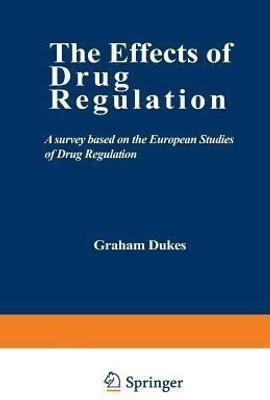The Effects of Drug Regulation(English, Paperback, unknown)
Quick Overview
Product Price Comparison
Most national governments have created agencies with the responsibility for deciding which medicinal drugs should be imported or manufactured and made available through their health systems. Many of these agencies were set up some twenty years ago in the wake of the thalidomide disaster. Since that time they have developed in quite different ways in response to national, cultural and economic influences. Their direct cost is very small in comparison to overall health budgets but their indirect effects, both in terms of health and the economy, can be substantial. In 1980 the World Health Organization (WHO) Regional Office for Europe set up a series of studies of drug evaluation in the European region aimed at determining the effects of the work of regulatory agencies on the availability of drugs, on the pharmaceutical industry, and on the health of individuals in the countries concerned. This book sets that work in a historical context and describes the sources of the data used by the project team and the methods used by WHO and others in assessing the work of these agencies and its repercussions for the community. Finally, it presents an analysis of current knowledge and the plans and prospects for future research. The first draft of this book was presented to a meeting of experts in the field of drug regulation at Oslo in March 1984, and the present text embodies the views and conclusions of that meeting.


